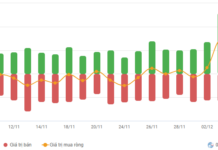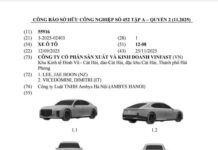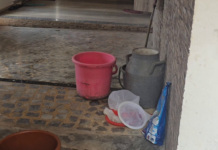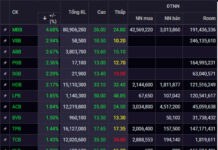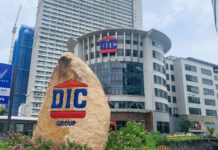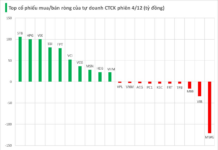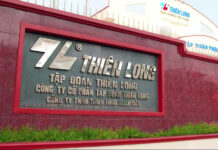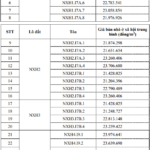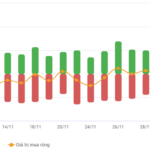BAF Agriculture JSC (stock code BAF), a prominent Vietnamese agricultural company, has recently entered into a strategic partnership with Muyuan Foods Co., Ltd., a leading Chinese agri-food group. A key aspect of this collaboration is the transfer of smart livestock farming technology from Muyuan to BAF.
Muyuan, with its 30 years of experience in the industry, has established an integrated agri-food chain encompassing feed production, pig farming, slaughterhouse operations, and meat processing. Their operations span across 224 districts, 25 provinces, and 108 cities in China, employing a massive workforce of 140,000 people. Muyuan currently owns 1,125 farms and produced nearly 64 million pigs in 2023, along with 10 slaughterhouses, making it a global leader in pig slaughter volumes.
This partnership comes at a crucial time for the global livestock industry, which faces significant challenges due to diseases such as the African Swine Fever. Biosecurity management has become a matter of survival for businesses in this sector. By collaborating with Muyuan, BAF aims to effectively adopt and implement their advanced technologies in Vietnam.
As per the agreement, Muyuan will assist BAF in expanding its operations, targeting 450,000 sow and 10 million pig production by 2030. For the upcoming years, BAF has set ambitious goals: 75,000 sows and 800,000 commercial pigs for 2024, scaling up to 450,000 sows and 10 million commercial pigs by 2030.
BAF, founded in 2017 by Mr. Truong Sy Ba, leverages its strengths in feed supply and is engaged in pig farming, meat processing, and food provision. The company is widely known for its brand, “Heo An Chay” (Pigs Eat Vegetarian). This partnership with Muyuan is a significant step toward enhancing BAF’s efficiency and competitiveness in the market.
“The swine fever has presented BAF with an opportunity, and we are determined to turn this challenge into a chance for growth,” shared Mr. Truong Sy Ba during the signing ceremony. He emphasized the cost-effectiveness of the new technology, particularly in terms of land usage, which can be reduced by up to four times.
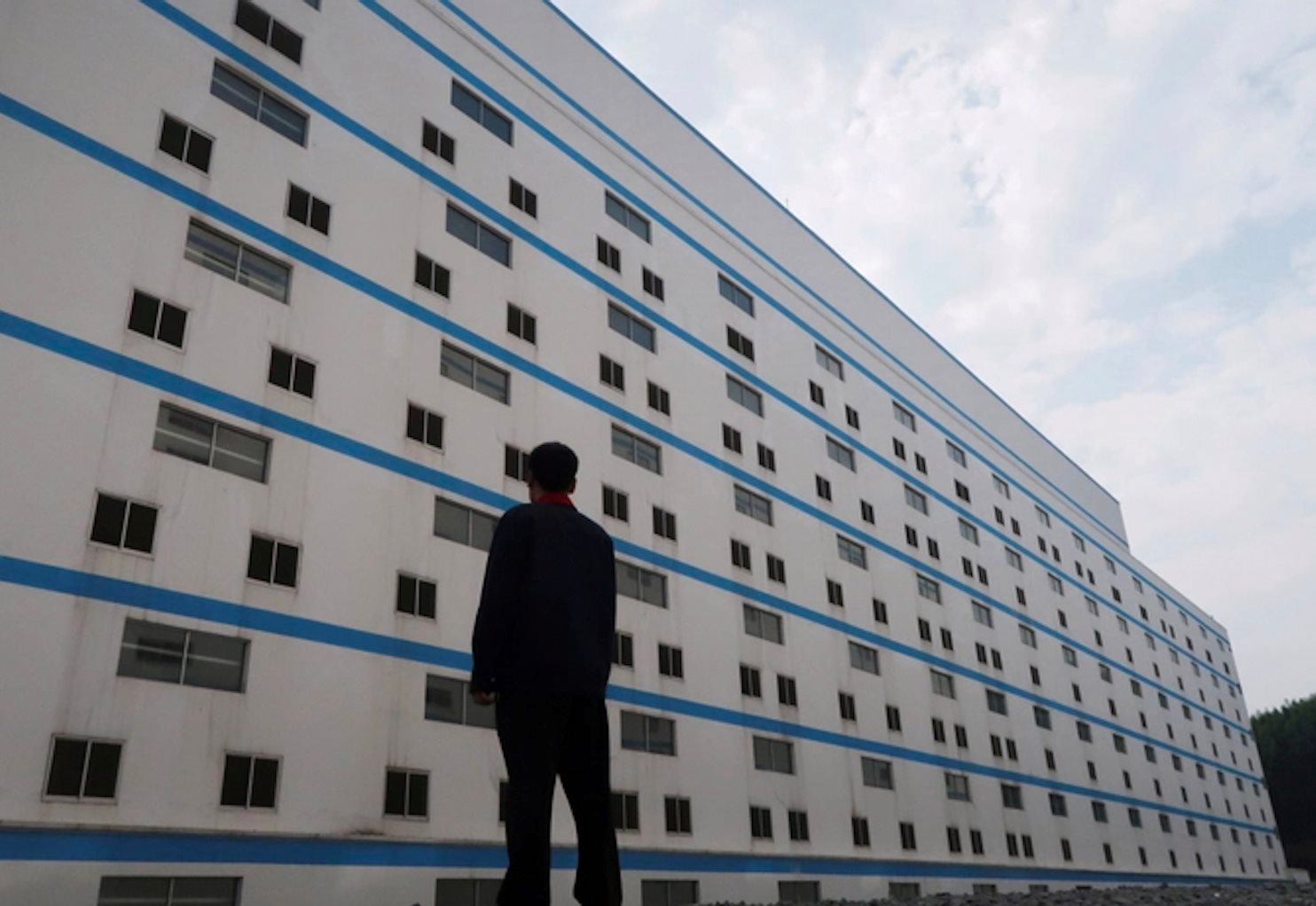
Figure: High-rise pig farming project, aiming to reduce land costs.
In 2020, Muyuan Foods made headlines in the agricultural world by constructing the world’s largest and most modern integrated livestock complex in Henan Province, China. This complex consists of 21 six-story buildings arranged in a fishbone pattern, each housing 2,500 sows, or 5,000 pigs per building. Notably, all wastewater from the complex is treated and recycled to drinking water standards.
Mr. Ba also highlighted the shift in Vietnam’s livestock industry structure due to the swine fever outbreak. Prior to the disease, small-scale farmers accounted for over 70% of the total pig population, while large companies like CP and Masan made up less than 30%. The outbreak led to many smallholders abandoning their farms, and with new regulations requiring farms to meet higher standards, the number of smallholders has dropped below 50%. BAF expects this number to further decrease in the coming years, with large companies like themselves filling the gap. In the next 7-10 years, they anticipate that large companies will dominate the market, leading to more competitive dynamics in the industry.
Despite the challenging market conditions, BAF’s stock has been performing well. Leaked information about the partnership with the Chinese giant sent BAF’s share price surging by 13% last week, from VND 17,750/share to VND 20,000/share. On the morning of September 16, 2024, BAF was trading at VND 19,900/share with a volume of nearly 3 million units.

